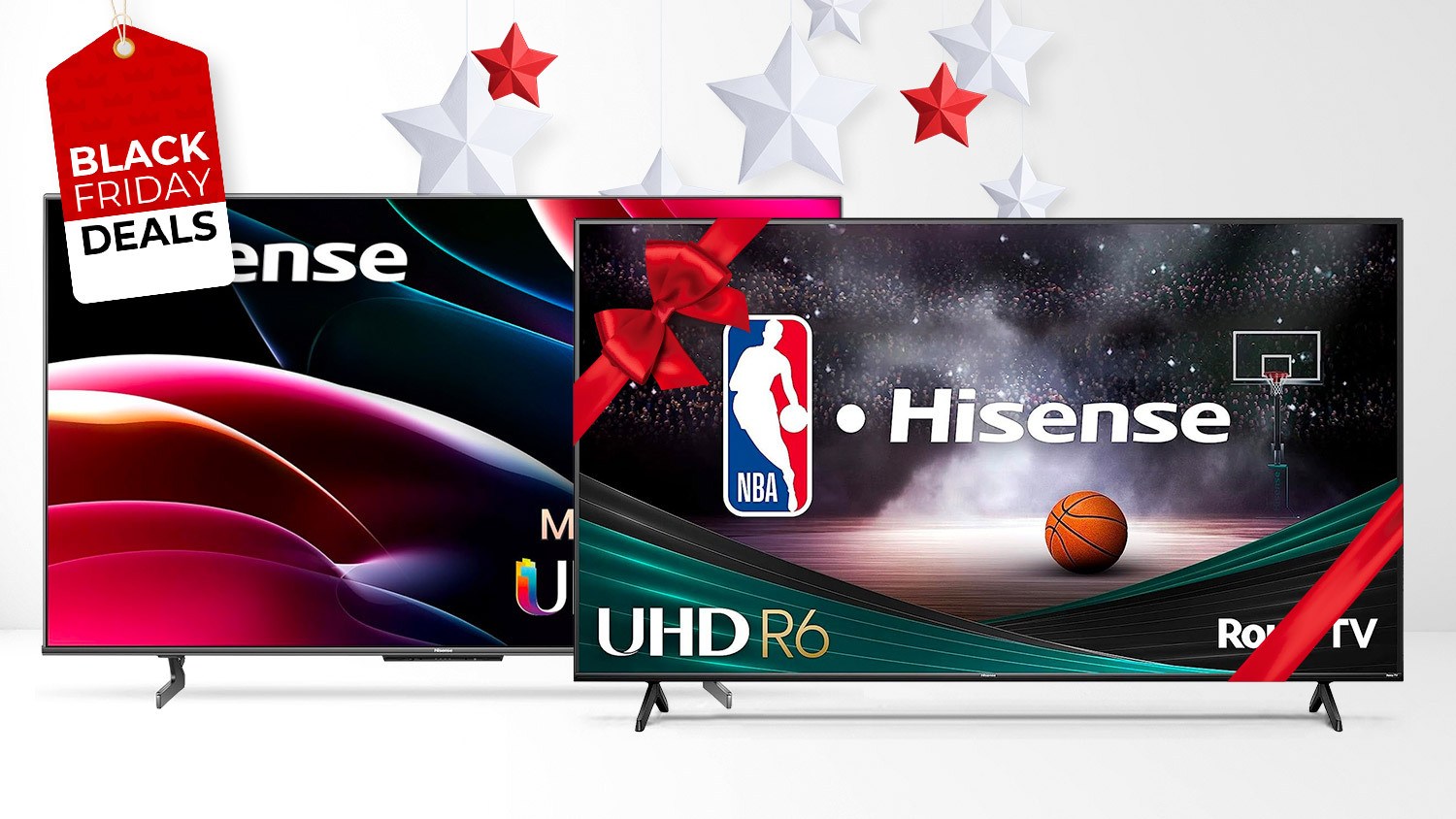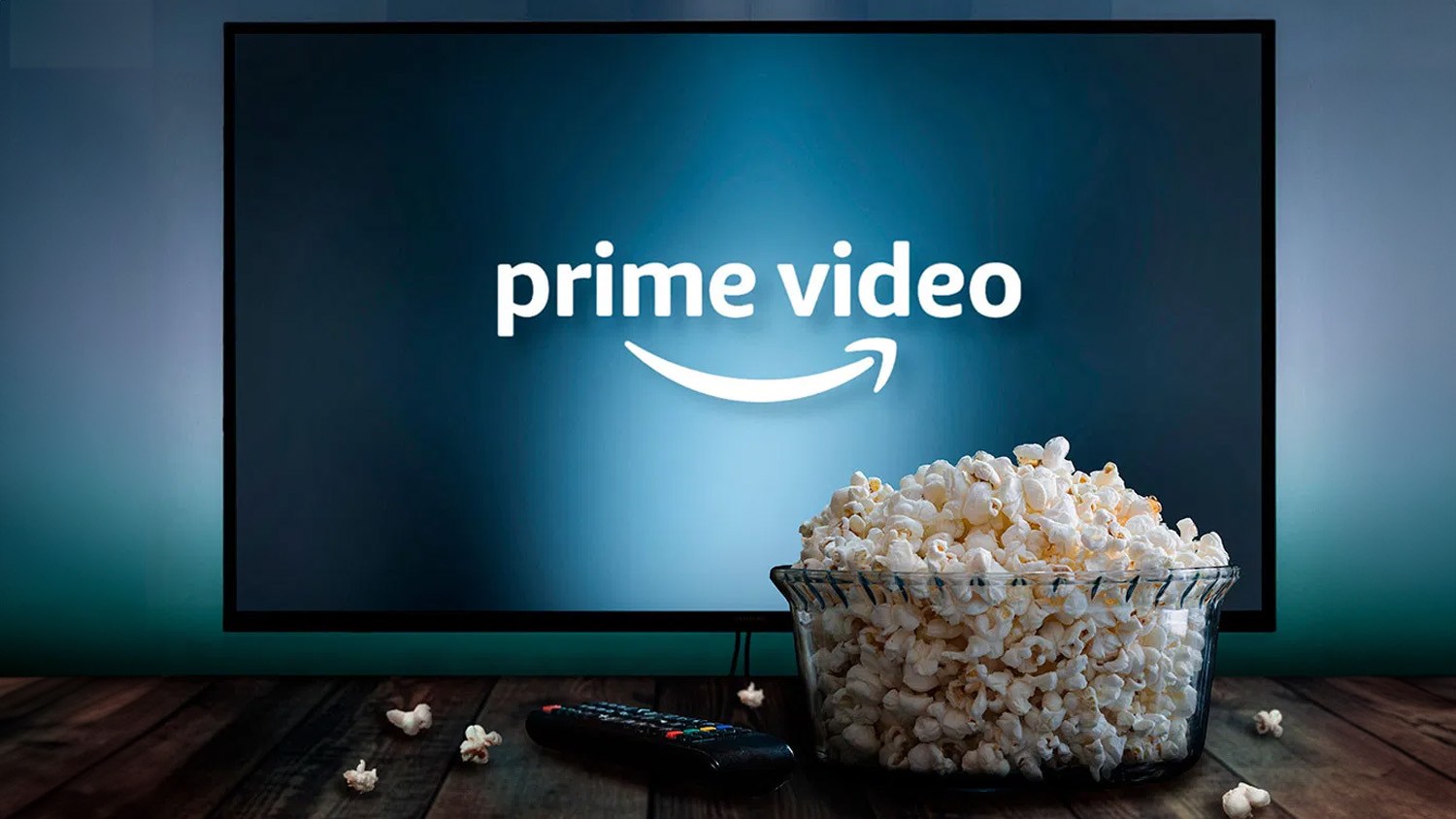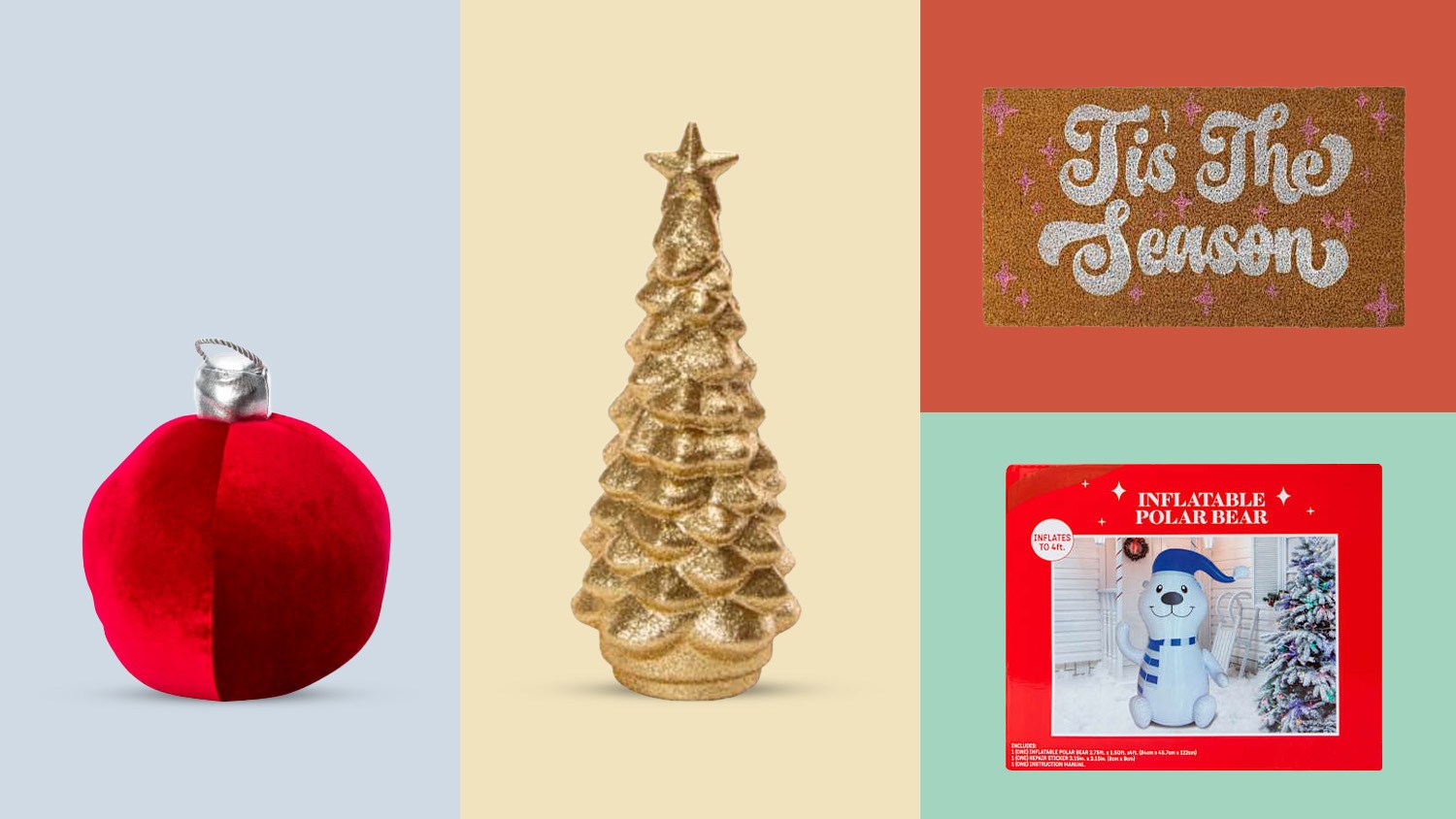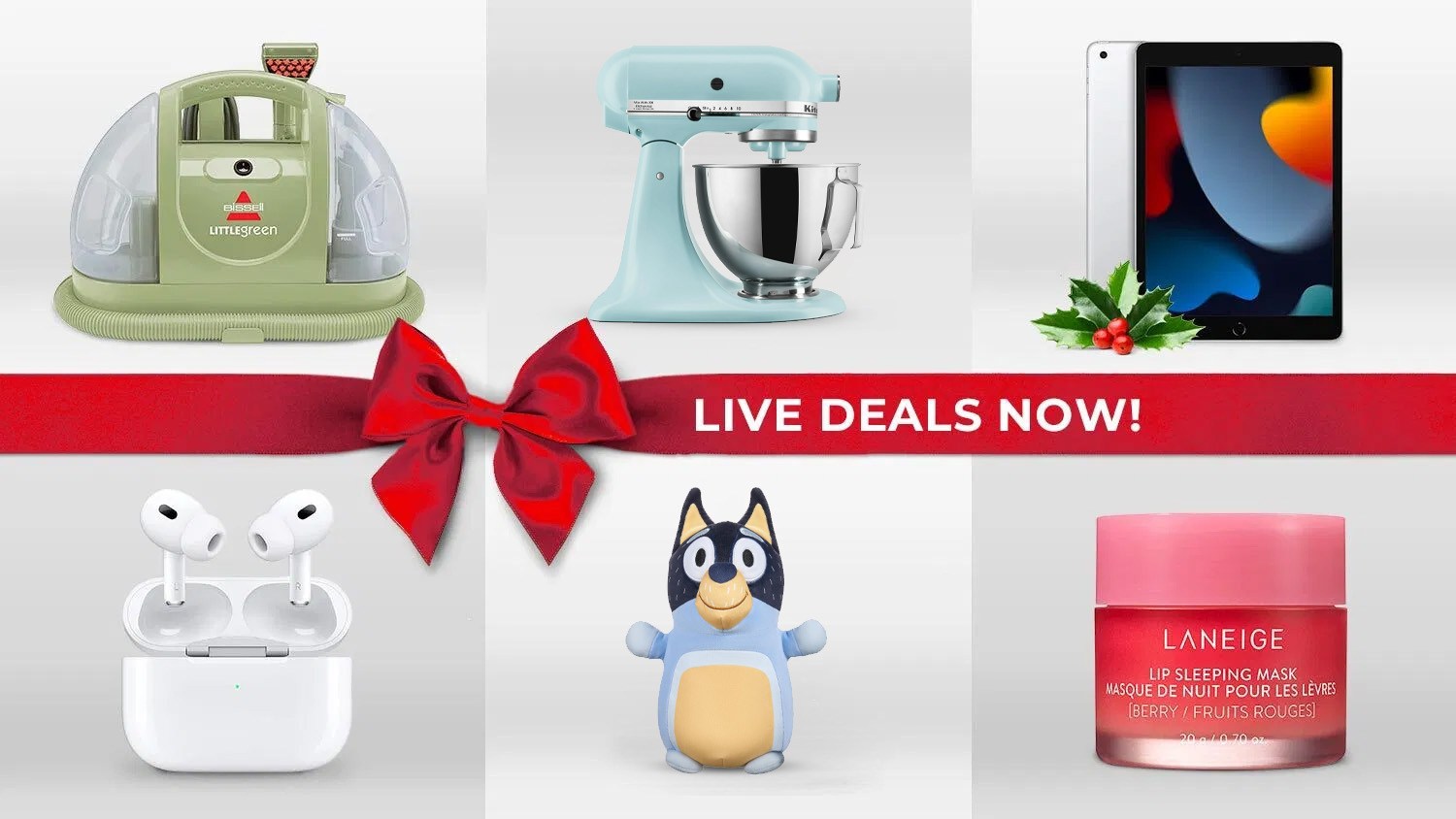Los Angeles County on Friday announced it was easing more coronavirus-related restrictions to allow restaurants to resume dine-in service, and hair salons and barbershops to reopen, signaling another important step toward the region’s economic recovery.
The latest move came just days after the county’s health order was modified to permit faith-based services and in-store shopping, as well as the reopening of drive-in movie theaters and some swimming pools.
Restrictions were relaxed even though the county remains the epicenter of California’s COVID-19 outbreak, accounting for almost half of the state’s confirmed cases.
But strict modifications have been imposed on retailers and public spaces to further prevent the spread of COVID-19. The measures include social distancing and facial covering requirements, as well as limits on capacity and, in some cases, temperature screenings and other health checks. (Coronavirus-related health protocols can be found here.)
More than two months from when the safer-at-home orders were enacted at the beginning of the public health emergency, the county — like much of the state — has accelerated through the second phase of California’s four-stage economic recovery plan.
While many sectors are operating once more, some still remain shuttered as the region works to repair the pandemic-induced economic damage. For instance, while public health officials allowed barbershops and hair salons to resume operations, nail salons and spa services are still not permitted under the health order.
Officials warned, however, that the L.A. County Department of Public Health could limit or close reopened sectors if there is a spike in cases.
“This is a fine line that we’re walking in the County of Los Angeles,” county Supervisor Janice Hahn said in a statement. “We are threading the needle between keeping the public safe and allowing our economy to reopen.”
Here is what is currently open and what remains closed:
Open
Shopping, Restaurants, and Personal Care
• Grocery stores, certified farmers’ markets, farm and produce stands, supermarkets, food banks, convenience stores, wholesale clubs, and pharmacies
• Pet food stores, animal daycare and boarding facilities, veterinary clinics and some pet grooming
• Businesses that sell necessities for the home, including hardware, building, home appliance and pool supply stores
• Retail stores, including those selling clothing, jewelry, furniture, toys and books
• Restaurants and cafes
• Hair salons and barbershops
Recreation, Entertainment, and Learning
• Parks (playgrounds remain closed)
• Public trails (walking and hiking)
• Beaches (for active-use and recreation only)
• Pools in multi-unit residential facilities (including apartments and condominiums)
• Golf courses
• Pickleball and tennis courts
• Horse riding/equestrian activities
• Bike parks
• Community gardens
• Model airplane areas
• Shooting and archery ranges
• Vehicle-based parades
• Drive-in movie theaters
• Libraries (curbside pickup only)
• Outdoor museums, open air galleries, botanical gardens, and other outdoor exhibition spaces
Health Care Services
• Clinics, hospitals, dental clinics, physical therapy and chiropractic offices, optometrists, mental or behavioral health providers, and other health care settings
Closed
Personal Care
• Nail salons
• Spa services, including massage, facials and waxing
Recreation, Entertainment, and Learning
• Beach piers
• Recreation and community centers
• Basketball and volleyball courts
• Baseball and soccer fields
• Youth sports leagues
• Gyms/fitness centers, including in multi-unit housing
• Public pools
• Indoor museums, galleries and zoos
• Bars and nightclubs that don’t serve food
• Arcades, bowling alleys, movie theaters, live performance theaters, concert halls and other similar venues
• Stadiums, arenas, gaming facilities, theme parks, and festivals











